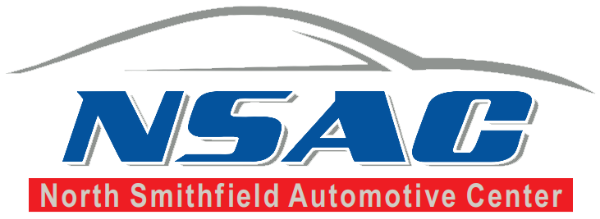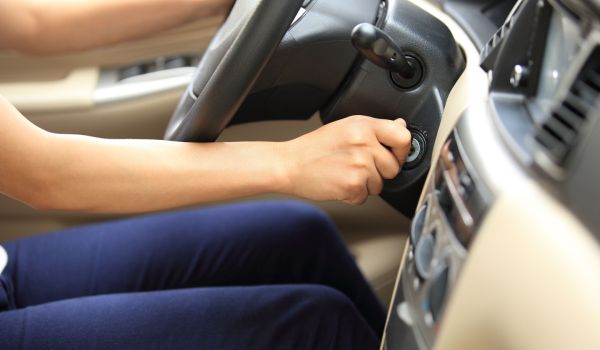When you turn the key or press the push button to start your vehicle, you’re relying on one small but powerful component: the starter. Without it, your engine won’t fire up, and you’ll be stuck where you are. Understanding the role of the starter, how it impacts your vehicle’s performance, and when it needs attention can help you avoid unexpected breakdowns and costly repairs.
The Role of the Starter in Your Vehicle
The starter is an electric motor that engages when you start your vehicle. Its job is to rotate the engine’s crankshaft, giving your engine the momentum it needs to begin the combustion process. Once the engine starts running on its own, the starter disengages. In short, the starter is what gets your vehicle moving from the very first spark.
A healthy starter ensures smooth, reliable starts every time. If it begins to fail, you’ll likely notice issues with how quickly and consistently your engine starts, making it a crucial part of your vehicle’s overall performance.
Maintaining Your Starter
While starters don’t require as much routine maintenance as oil changes or tire rotations, a few steps can extend their lifespan:
- Check your battery health. A weak or failing battery puts unnecessary strain on the starter.
- Inspect electrical connections. Corrosion or loose connections can cause voltage drops that stress the starter motor.
- Listen for changes. Unusual sounds when starting your car can be an early warning sign.
- Avoid unnecessary cranking. Holding the key in the start position too long can overheat the starter.
By keeping your battery and electrical system in good shape, you reduce the likelihood of premature starter failure. If you run into any unfamiliar signs of failure, schedule service with the professionals at North Smithfield Automotive Center to ensure the issue is resolved.
Signs Your Starter Is Failing
Recognizing the warning signs of a failing starter can save you from being stranded. Watch for these common symptoms:
- Clicking noise when turning the key. This often points to a bad starter solenoid or electrical connection.
- Slow cranking or no crank at all. The starter may be struggling to engage the engine.
- Grinding noise. Worn gears inside the starter may be failing to properly mesh with the flywheel.
- Intermittent starting problems. If your vehicle starts sometimes but not others, the starter could be wearing out.
- Smoke or burning smell. An overheating starter from electrical issues or overuse can produce smoke or a burnt odor.
If you notice any of these signs, it’s best to have your starter inspected right away.
Which Parts Wear First in a Failing Starter?
Like any mechanical component, the starter has parts that wear out over time. The most common areas of failure include:
- Starter solenoid. Responsible for transmitting electrical current, it often fails first.
- Brushes and bushings. These wear down with use, causing poor contact and reduced performance.
- Starter gear (Bendix gear). This gear engages with the flywheel, and if it wears, you’ll hear grinding or skipping.
- Armature. In older or heavily used starters, the rotating core can burn out.
Understanding these weak points can help you take action early by booking service at North Smithfield Automotive Center in North Smithfield, preventing a total breakdown.
Expert Starter Repair and Replacement
If your starter is showing signs of failure, professional starter repair and replacement at North Smithfield Automotive Center is the best solution. Our qualified auto repair shop can test the system, confirm the issue, and replace the worn parts or install a new starter to restore reliability.
Catching problems early not only saves you time and money but also keeps your vehicle dependable every time you turn the key.

